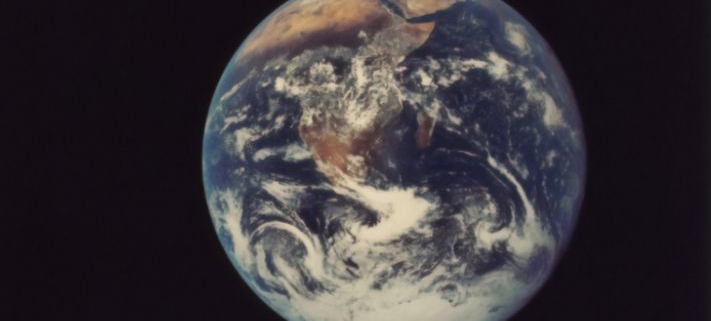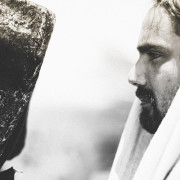How Old Is the Earth?
If one reads through the last several hundred years of scientific thought, one discovers that the estimated age of the Earth and of the universe has increased by billions of years over that period. New discoveries have led to the estimated age continually being increased, as room on the time line for more phenomena has been needed and as simple explanations have been superseded by more complex ones.
The reason for these changes is, of course, the nature of science. It is the goal of science to build models that explain all the observed phenomena. As more data is gathered, models often have to be revised. Finding the truth is beyond the capability of science because scientists can only examine a minute number of the relevant cases that exist. There will always be new information requiring the recasting of models to accommodate it.
Science is further hampered by the fact that it can only gather its data during a tiny part of what it estimates is the long timeline of the universe. From mathematics we know that interpolation, the finding of the values of unmeasured points within the interval of measured points on a line, can often be very accurate, even if the exact functional relationship for the data points is unknown. Extrapolation, the finding of the values of unmeasured points outside of the interval of measured points on a line, rapidly becomes inaccurate as one reaches two or three times the measured interval. At millions of times the measured interval, as is the case with evolutionary models, it has no accuracy whatsoever.
The larger problem with assigning an age to the Earth is that of possible discontinuities. Evolutionary models assume natural processes have occurred with no outside interference. What we see, however, may merely be a stage setting for a divine drama. When one sees a stage play, the characters refer to personal histories that do not exist. Sets are built and dialogue written as if events had occurred in these histories, even though they have not. In the same way a supernatural being, a god, could have set up what we see through non-natural means, which by definition are unknowable through scientific methods. Scientists can only work with what they can observe. If those observations are a result of manipulations of what they see by a supernatural being, then scientific models are junk.
The Bible teaches that the Earth and the universe were indeed created as the backdrop for the drama of mankind, which the LORD God set in motion after he had completed creating the universe. While the apparent age of the Earth and the universe is billions of years, the Bible says that the actual age since creation is only about to 6 to 10 thousand years. Therefore we see stars today that may not exist, and we find fossils of animals that may never have lived. They are merely props for the human drama. Moreover, there is no scientific experiment which can determine whether the evolutionary model or the biblical model is correct, because the methods of science cannot measure anything beyond natural processes. Accepting either model is a matter of faith.











